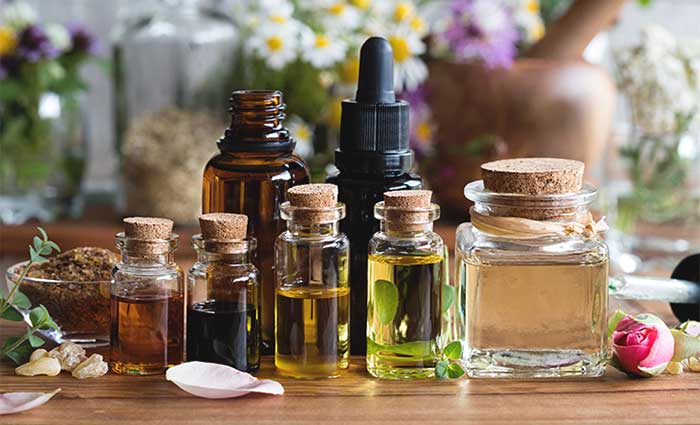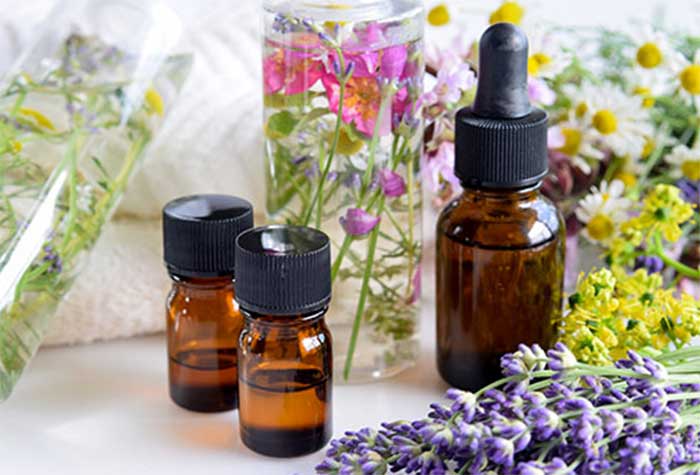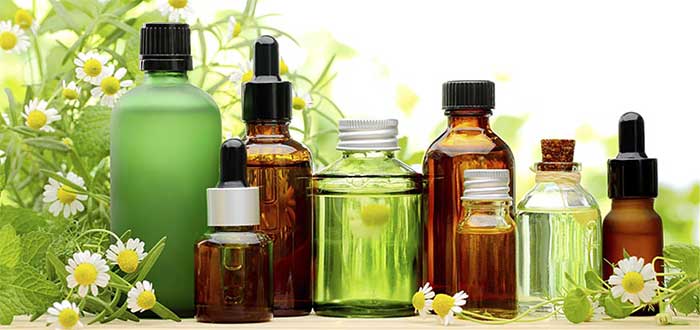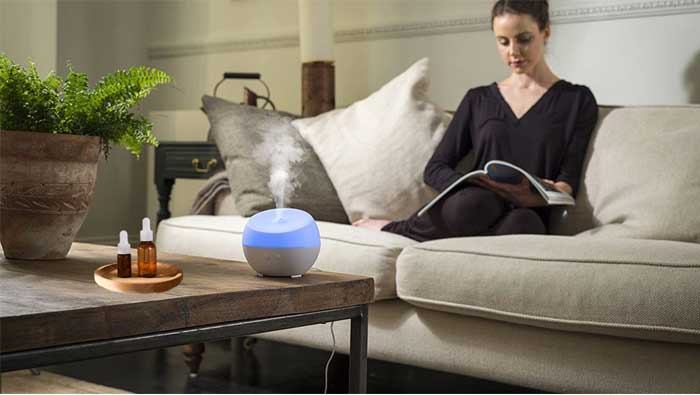
Do you feel like you've started to hear a lot about essential oils in the last few years? While you might think essential oils are a new, hip trend, plant extracts and plant-based products are deeply rooted in the traditions of the past. Essential oils have been used by ancient civilizations across the globe for:
1. Aromatherapy
2. Personal care
3. Healthcare practices
4. Religious ceremonies
5. Beauty treatments
6. Food preparation

What is essential oils
Essential oils are compounds extracted from plants. The oils capture the plant's scent and flavor, or “essence”. Unique aromatic compounds give each essential oil its characteristic essence. Essential oils are obtained through distillation (via steam and/or water) or mechanical methods, such as cold pressing.
What are the difference between essential oils and aroma oils
Pure essential oils offer an alternative to synthetic products. Essential oils are more than just natural products. Each with a unique chemical makeup, essential oils have dozens of benefits. Essential oil benefits are determined by the chemistry of the plants. If these natural chemicals are properly extracted, they can be used to help you in your daily life.
A lack of transparency by an uptick in scammers has called for demand in education by and for producers and those interested in engaging in this exciting industry. In the simplest terms, aroma oils are any oil that has been infused with essence: whereas, essential oils are the reduction of all other materials to save the purest chemical essence.

What are essential oils used for today?
Historically, essential oils were used as part of cultural practices and traditions. However, we now have increasing scientific evidence and research showing that essential oils can be effectively and safely used in a wider range of day-to-day practices and routines for amazing benefits. Today, essential oils can be used for cooking, household cleaning, personal hygiene, and much, much more.
When you use essential oils, you'll have more natural solutions and fewer toxic, synthetically manufactured products in your life and home.
What are essential oils good for?
Since long ago, people have used essential oils and plant parts to improve their lives. We’ve continued to explore their benefits today, finding that essential oils can be integrated into daily life for a plethora of purposes.
Common containers of essential oil
Aroma oils and perfumes often are sold in glass containers with elegant roller tops. Though, essential oils can cause intense discomfort when apolied in this wav. As such, the oil will need to be diluted before being added to such a container. or they will come already diluted if in such a container. Often the size of a bottle, as well as its shape and features, wil be a clear giveaway as to the nature of the oil. Typically, an essential oil is sold in very small dram, Sml, 10ml, and 15ml size glass containers.Anything larger or consisting of plastic has either been diluted or is anaroma olil.
Realistically though, any variety of glass containers will do, so long as the closure is of a sufficiently safe material as well. Those looking to begin investing in these types of products will have no trouble finding glass bottles wholesale and in the appropriate sizes. Many ornate and attractive shapes can be found ready to go on the marketplace, needing only branding and product added. This can save a lot of trouble for producers and help ease the mind of unsure buyers who may be relying on clues like shapes, materials, and sizes to be sure of quality and purity.

Safe storage materials
Because of its surprisingly corrosive nature, raw essential oils must be kept in non-porous and non-reactive containers. Luckily, a great many options are available. Most commonly used are glass, steel, and HDPE. Generally, so long as a container is at least lined with these, the manufacturers can get as creative with packaging as they like. Essential oils tend to come in very finite measurements, and the most common containers they are stored in are generally glass with steel or HDPE parts, to be cost-effective in the long run.
Glass
Easily the most common and popular material for storing essential oils, glass is a great and safe choice. Dropper and roller parts can also be made of glass. Once emptied, the small glass jars are also quaint decorations or can be repurposed as they are easy to clean. Glass containers are nothing new, so many manufacturers are choosing to outwardly reflect the elegance of their products with showier designs. This material has long been used by artisans to create amazing works, and this history of glass sometimes shows up in selections of beautiful essential oils jars.
Plastic
Because of its highly reduced and raw nature, essential oil seriously damages plastic. Plastic is porous in most circumstances, and its flexible and light nature makes it quick and easy to produce, It also makes this material highly susceptible to rapid erosion and disintegration when left to soak in essential oil, This can cause a release of unhealthy chemicals from the plastic, as well as decay the quality of the oils, As essential oils are quite expensive, no one wishes to have them become spoiled due to their container. As such, companies generally only store high-quality and pure essential oils in more resistant materials.
Steel
Steel is a little less common, but its inertness when interacting with essential oils is noteworthy. However, it’s likely that a few oil producers may bottle all but the most luxurious varieties in such a sturdy container. Steel is a great material for closures and drop or roller parts which can help alleviate the need to create more delicate parts out of glass. Fully steel bottles are rare as they are not cost-effective to make or ship. They do however exist and often have a steel roller ball cap for ease of use.
HDPE
While it is not advised to store essential oils in common plastic, there is one variety that is made to be non-reactive with these sorts of chemicals. This sturdy plastic is also referred to as type 2 plastic and is generally used for simpler caps and rollers than glass or steel varieties. The main reason why you can’t use plastic with essential oils is because of the molecular differences between type 2 and other plastics. The molecular structure of this plastic is carefully arranged to be much more difficult for the compounds of mild caustics to break down.
Packaging options direct has been the go-to business for affordable and reliable packaging for more than a century. Needless to say, we have the know-how to get any business’s product ready to go for fast and efficient shipping and merchandising. With our wide array of ready to go glass options, any essential oil business will be ready for the market with unique and quality containers.
Safe Storage Materials
Because of its surprisingly corrosive nature, raw essential oils must be kept in non-porous and non-reactive containers. Luckily, a great many options are available. Most commonly used are glass, steel, and HDPE.
Generally, so long as a container is at least lined with these, the manufacturers can get as creative with packaging as they like. Essential oils tend to come in very finite measurements, and the most common containers they are stored in are generaly glass with steel or HDPE parts to be cost-effective in the long run.
